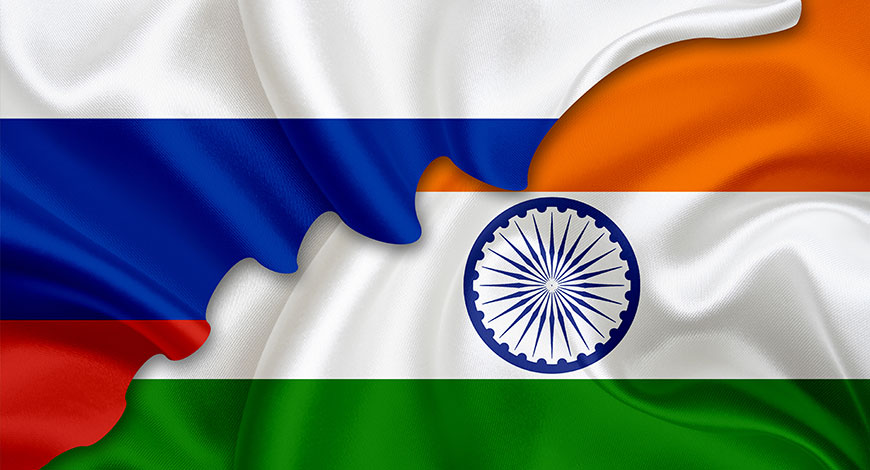AFTER RUSSIAN OIL, INDIA SEEKS TO IMPORT WHEAT FROM MOSOW.
Since India has faced a 15-month high in inflation, largely fueled by elevated wheat prices and also impact of unfavourable climate to crops has resulted in such disparity from regular output.
The government is actively exploring the feasibility of these imports, examining both private trade arrangements and government-to-government agreements with Russia. The decision-making process is being approached with caution, given the importance of balancing market interventions with economic stability. India’s history regarding diplomatic wheat imports has been dormant for years; the last notable instance occurred in 2017 when private traders successfully brought in 5.3 million metric tons of wheat.
Addressing a broader strategy, government sources with knowledge of the matter divulged that importing Russian wheat is just one of several measures on the table to mitigate escalating prices of essential commodities such as fuel, cereals, and pulses. Additionally, an expansion of rural programs is being considered to curb the impact of inflation on the economically weaker population. It is anticipated that the subject matter to emerge over the coming weeks. As of now, no official statements have been made by India’s finance, trade, or government representatives in response to inquiries.
Last month, Sanjeev Chopra, a high-ranking official within the federal food ministry, made it clear that there were no ongoing proposals for wheat imports from Russia. However, despite a projected wheat requirement of 3 to 4 million metric tons to bridge the existing gap, insiders hint at a potential volume of 8 to 9 million tons from Russia to exert a more substantial influence on market prices.
This endeavor could be facilitated by Russia’s position as India’s second-largest merchandise provider, stemming primarily from discounted oil transactions. An unnamed official revealed Russia’s willingness to extend discounts on prevailing market rates for wheat. This offer is consistent with Russia’s unimpeded export of food commodities. India has also tapped into Russian sunflower oil imports, settling payments in U.S. dollars, a practice that might extend to this wheat deal.
From different news sources, it is speculated that a discount of $25 to $40 per ton could be negotiated, effectively positioning the cost of imported wheat significantly lower than domestic prices. This potential strategy holds strong promise, particularly considering that wholesale wheat prices in India have recently surged by approximately 10% within a two-month span, hitting a seven-month peak in August. Government wheat stocks currently sit at 28.3 million tons, a 20% reduction from the ten-year average, reflecting the ongoing supply challenges.
Last year’s wheat exports were curtailed due to diminished output, and this year’s harvest is also projected to fall short of government estimates by at least 10%. As India deliberates on potential wheat imports from Russia, all eyes remain on the intricate interplay between market dynamics, political strategies, and the nation’s economic well-being. It is expected from the reader to take this information as a grain of sand, readers discretion is advised.

